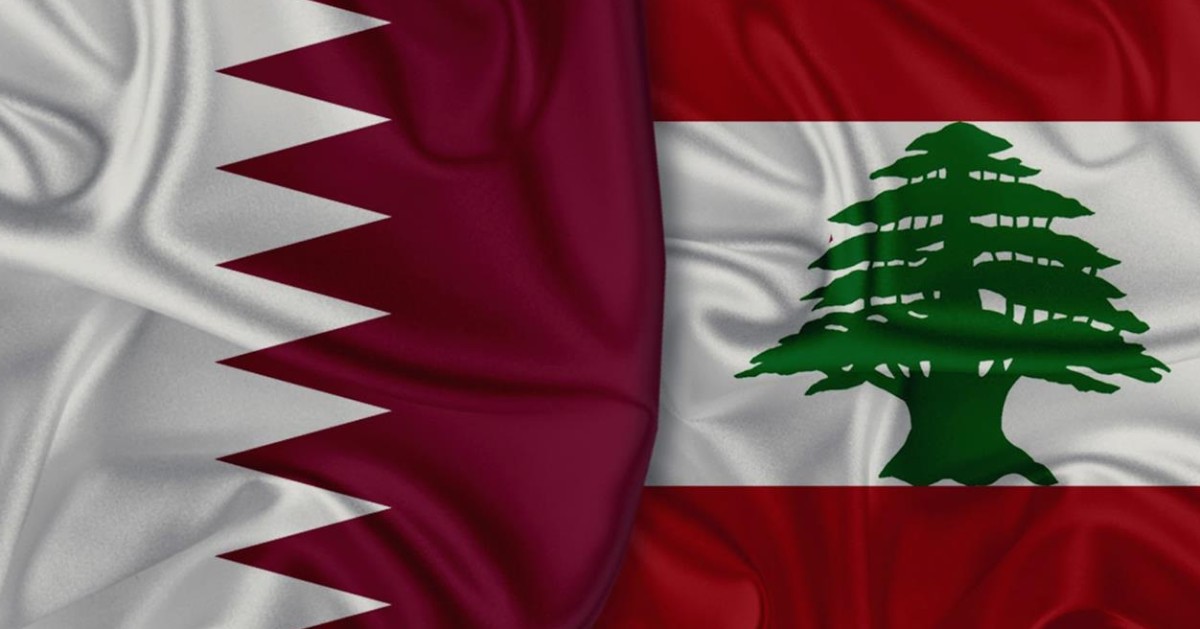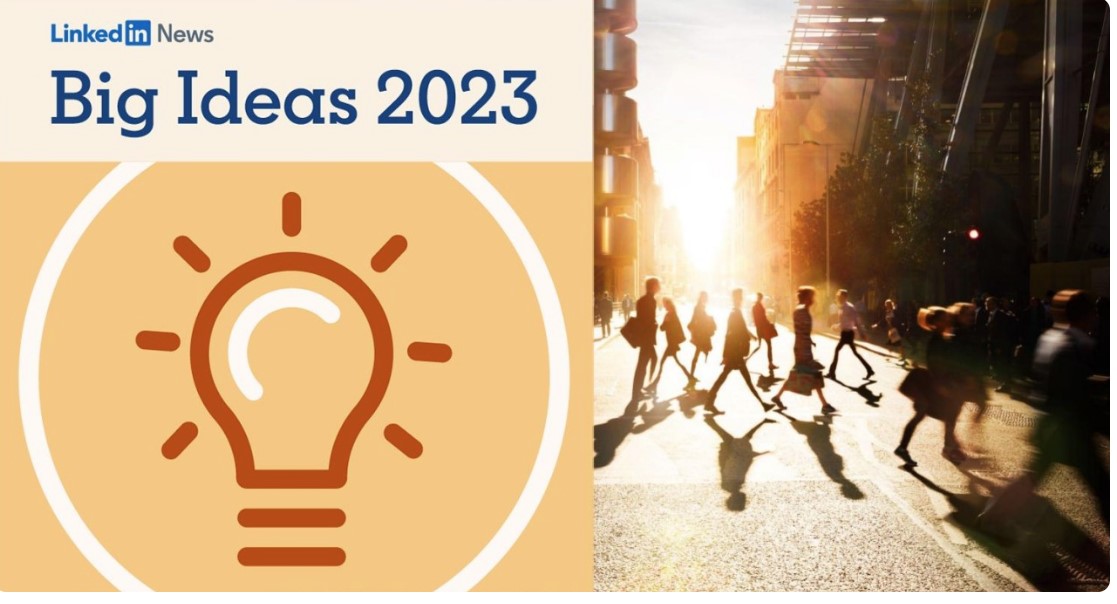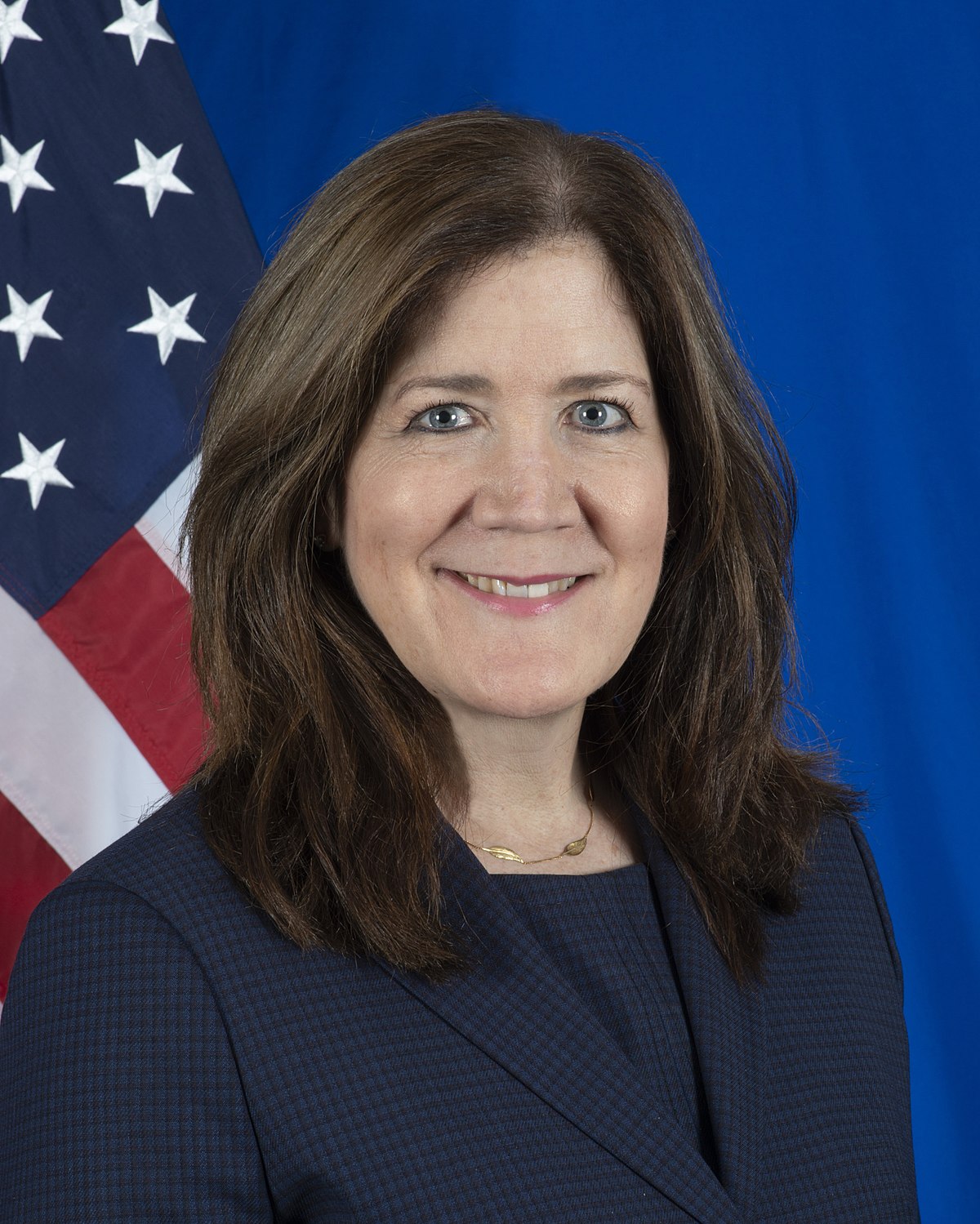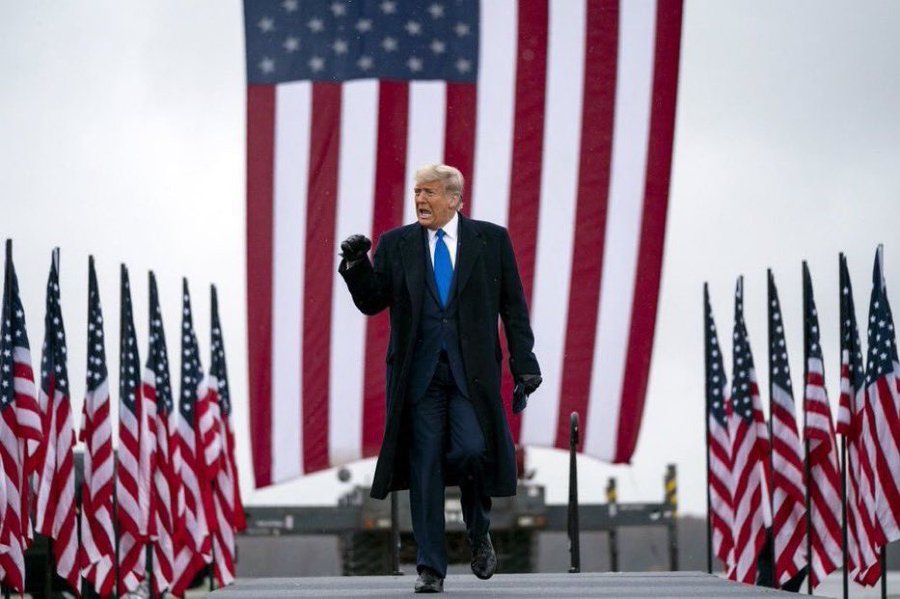Pretty soon, cheese could be all science, no moo. No-cow companies are building “mega factories” and forming partnerships with food giants such as General Mills and Nestlé to meet demand for dairy and prevent cheese shortages. These startups, which include Perfect Day and Remilk, employ precision fermentation tech that harnesses microbes instead of cows to […]
NNA – Maronite Patriarch Beshara al-Rahi on Sunday threw his support behind the embattled Beirut port blast investigator, Judge Tarek Bitar, calling on him to “continue his work” despite the recusal lawsuits and the latest judicial standoff. “We hope that Judicial Investigator Judge Tarek Bitar will continue his work to unveil the truth and issue […]

Beirut: Lebanon caretaker prime minister HE Najib Mikati described QatarEnergy’s acquisition of 30% exploration rights in two offshore areas off the coast of the Republic of Lebanon as exceptional, given the experience and position that QatarEnergy has reached in the global oil and gas industry. During his meeting on Sunday with the Minister of State for Energy Affairs, President and CEO of QatarEnergy HE Eng. Saad bin Sherida Al Kaabi, the Lebanese caretaker prime minister said that the start of exploration and petroleum activities in the Lebanese waters would have a positive impact on the short and medium terms in regards to providing opportunities for Lebanese companies interested in the petroleum services sector. It would also provide job opportunities for Lebanese youths, especially those working in the technical field. Mikati added that TotalEnergies – which owns a 35% stake, in addition to Eni – which owns a 35% stake, would start drilling operations in Block 9 after completing the environmental surveys, drilling-related operations, and the launch of logistical operations in Beirut Port.
Sources in the Lebanese Ministry of Energy say that Novatek justified its move by saying that the US sanctions imposed on Russia had a negative impact on it, and that it was no longer able to make any financial transfers outside Russia. This is logical, especially since Novatek’s role in the alliance is one of an investment partner, not a technical one.
Could the latest decision have been taken after consultations between the three companies took place, in light of the pressures the Russian company is facing from the United States due to the Russian-American war, so that “Total” and “Eni” can continue the work required of them? Or was there a “settlement” between the three companies, fearing that Total and Eni would be subject to US sanctions because of their dealings with the Russian company? This is highly probable, especially since Total and Eni sent books of similar content to the Ministry of Energy following the Novatek book, in which they confirmed that they would continue their contractual obligations regarding exploration in blocks 4 and 9, and that they are ready to discuss the rights of others in the coalition.
BEIRUT (AP) By Bassem Mroue — Lebanon, two international oil giants and state-owned oil and gas company Qatar Energy signed an agreement Sunday that the Qatari firm will join a consortium that will search for gas in the Mediterranean Sea off Lebanon’s coast. The deal inked in Beirut brings Qatar into Lebanon’s gas exploration market three months after Lebanon and Israel signed a U.S.-mediated maritime border agreement ending a yearslong dispute. Qatar Energy is replacing a Russian company that withdrew from the Lebanese market in September. In 2017, Lebanon approved licenses for an international consortium including France’s TotalEnergies, Italy’s ENI and Russia’s Novatek to move forward with offshore oil and gas development for two of 10 blocks in the Mediterranean. The borders of one of the two blocks were disputed by neighboring Israel until a maritime border deal was reached last year. The companies did not find viable amounts of oil or gas in block No. 4 north of Beirut, and drilling in block No. 9 in the south has been repeatedly postponed because of the dispute with Israel.

By Sarah Glubb – arabnews.com — LONDON: The financial crisis in Lebanon could be resolved within five to 10 years if a “well thought out program” is implemented that takes care of small depositors, addresses the needs of medium-sized ones and brings big depositors on board as partners in new banks, according to a finance industry expert in London. The Lebanese economy has “continued to deteriorate to untenable levels,” according to the International Monetary Fund. Per capita gross domestic product fell by 36.5 percent between 2019 and 2021, and is expected to contract even further this year. “They could have had a quicker recovery had they started earlier,” said George Kanaan, CEO of the Arab Bankers Association, a nonprofit professional organization in London whose members work in banking and related industries in the Arab world and the UK. “But three years have passed and nothing has happened.”
Kanaan, head of the ABA since 2009, has worked for prominent banks in New York, London and Saudi Arabia since 1975. He said it is not unusual that one or two banks might fail in a country, or perhaps a segment of the industry or a specialty sector, “but for a system to fail entirely is almost unique in history.” The Lebanese pound has lost approximately 90 percent of its value during the economic crisis in the country and continues to tumble to record lows, reaching above 60,000 pounds to the dollar on Friday. “We would like to see joint action by the (big) depositors to work with the banks, the government and the IMF, if they can be brought in, to restructure a system that has failed — and the failure of the system was comprehensive,” Kanaan told Arab News during an exclusive interview. He said that corruption and a waste of revenues and resources actually played only a small part in the failure, and that the financial system collapsed mainly as a result of the incompetence of its management, particularly at the nation’s central bank, Banque du Liban.

by Kyle Wiggers@kyle_l_wiggers — techcrunch — An impressive new AI system from Google can generate music in any genre given a text description. But the company, fearing the risks, has no immediate plans to release it. Called MusicLM, Google’s certainly isn’t the first generative AI system for song. There have been other attempts, including Riffusion, an AI that composes music by visualizing it, as well as Dance Diffusion, Google’s own AudioML and OpenAI’s Jukebox. But owing to technical limitations and limited training data, none have been able to produce songs particularly complex in composition or high-fidelity. MusicLM is perhaps the first that can.
Detailed in an academic paper, MusicLM was trained on a dataset of 280,000 hours of music to learn to generate coherent songs for descriptions of — as the creators put it — “significant complexity” (e.g. “enchanting jazz song with a memorable saxophone solo and a solo singer” or “Berlin ’90s techno with a low bass and strong kick.” Its songs, remarkably, sound something like a human artist might compose, albeit not necessarily as inventive or musically cohesive. It’s hard to overstate just how good the samples sound, given that there aren’t musicians or instrumentalists in the loop. Even when fed somewhat long and meandering descriptions, MusicLM manages to capture nuances like instrumental riffs, melodies and moods.

by Najia Houssari – arabnews.com — BEIRUT: In less than 24 hours, Lebanon’s currency dropped in value by over 10,000 Lebanese pounds, with the exchange rate nearing 70,000 to the dollar — a plunge that comes at a time when Lebanese were dreading the exchange rate reaching 50,000 to the dollar. Economist Jassem Ajaka told Arab News: “We are following in the footsteps of Venezuela. The central bank’s intervention to stop the local currency from depreciating this fast will not work as long as there is no government action.” Ajaka said he believed that the problem lay in the Lebanese structure, lack of confidence in politics and judges, and the conflict with the international community over Lebanon’s failure to pay its debts. To avoid losses, commercial and service institutions priced their products based on a much higher exchange rate, in anticipation of further devaluation. Such action significantly decreased citizens’ purchasing power.
The price of a 20-liter canister of fuel jumped by 147,000 Lebanese pounds within 24 hours, reaching 1,147,000 LBP ($19 based on the exchange rate of 60,000 LBP/USD), which is equivalent to the salary of a public sector employee. The unstable exchange rate pushed the owners of grocery stores to either close for the day or stop selling certain products. More protesters took to the streets in rural Lebanese areas on Friday, blocking roads with burning tires. The Baalbek International Road was completely cut off in protest against the economic situation. Protesters also blocked Al-Minya International Road in northern Lebanon in both directions, in protest against the deteriorating living conditions. The Ministry of Economy issued a decision raising the price of a big bundle of Arab bread to 29,000 LBP (48 cents). With prices soaring, some taxi drivers opted to stay in one region to avoid wasting fuel in traffic jams, constantly changing their fares depending on the exchange rate.

By Story by lloydlee@insider.com (Lloyd Lee) — Bryan Johnson is 45 years old but, according to a new report, his test results show he has the heart of a 37-year-old and the lungs of a young adult. Johnson is a biotech entrepreneur who hopes to game nature’s course of aging and have the organs and health of an 18-year-old by going through an intense data-driven experimental program he’s called Project Blueprint. According to a recent Bloomberg profile of the CEO, Johnson could spend up to $2 million on his body this year and there are early glimpses that show he may be on track to unlocking the secret to age reversal.
Test results from doctors suggest that Johnson has the heart of a 37-year-old, the skin of a 28-year-old, and the lung capacity of an 18-year-old, Bloomberg’s Ashlee Vance reported. ) The program is led by Oliver Zolman, a 29-year-old physician who calls himself the “rejuvenation doctor,” and is supported by a team of more than 30 health experts, according to the report. While it’s still in its experimental stage and is constantly being tweaked, the health program consists of an intense daily regimen of carefully curated supplements, meals, exercise, and a slew of bodily tests.

BEIRUT (AP) KAREEM CHEHAYEB — The United States is rerouting $72 million of America’s assistance to Lebanon to help the country’s cash-strapped government boost wages of its soldiers and police officers, the U.S. ambassador said Wednesday. Washington is a key donor of the Lebanese Army and its 80,000 members, providing over $3 billion in military aid since 2006. The announcement Wednesday is the first time the U.S. is allocating funds for wages of security personnel in Lebanon. Lebanese leaders, deep in political deadlock, have failed at implementing economic reforms to make the country viable again. The economic meltdown has also impoverished Lebanese soldiers and members of the police — two forces that have been rare unifiers in a country deeply divided by sectarian politics. Their inability to pay viable wages and feed their personnel has threatened Lebanon’s overall security and stability.
Before the crisis, an enlisted soldier earned the equivalent of about $800 a month, but that has now dropped to just over $100 due to the devaluation of the pound. A higher-ranking officer’s monthly salary is now worth around $250. Many security personnel and troops have subsequently left the service or taken up second jobs while the Lebanese Army has resorted to unorthodox fundraising tactics to cover expenses such as offering paid helicopter rides and charging high fees for journalist permits. The U.S. State Department notified Congress last January of its intention to redirect the funds for military and police wages. Some Republicans in Congress have called for eliminating military aid to Lebanon altogether, citing the growing political power of Iran-backed militant group Hezbollah. Unlike some other U.S. programs that have covered full wages of allied troops, the assistance announced Wednesday by U.S. Ambassador to Lebanon Dorothy Shea is a one-time action. It will provide every Lebanese soldier and police officer with an extra $100 a month on top of their wages for the next six months, to soften the blow of the economic crisis. The United Nations Development Program will disburse the funds.

سجعان قزي
@AzziSejean
تَشعر فئاتٌ لبنانيّةٌ متعدِّدةُ الطوائفِ والطبقات بصعوبةِ الحياةِ في لبنان في ظلِّ النظامِ الحاليِّ بعدما باتت التحوّلاتُ الحضاريّةُ الداخليّةُ أكثرَ قساوةً من الهِجرةِ الاغترابيّة. يَشعرُ اللبنانيّون بوجودِ قرارٍ قَضى بنَفيهِم عن وطنهم من دون سفرٍ، فالوطنُ قيَمٌ قبلَ أن يكونَ مكانًا. نَشأَت في الأوساطِ اللبنانيّةِ “كانتونات” مُغلقةٌ تُمارس حياتَها الخاصّةَ والعامّةَ بمنأى عن المجتمعِ اللبنانيِّ الفسيح. إنها “كانتوناتٌ اجتماعيّةٌ” تتداولُ في كيفيةِ تسييسِ ذاتِها وإعطائِها حالةً شرعيّةً. لكنَّ الفرقَ شاسعٌ بين كانتونات النوادي المغلَقةِ وبين الكانتوناتِ الدستوريّة.
البعضُ يُريد أن يجعلَ لبنانَ مجموعةَ جُزرٍ تَتواصَلُ عبرَ القواربِ ووسائلِ النقل. ويَظنُّ أنَّ استحداثَ كانتوناتٍ دستوريّةٍ هو بسهولةِ ابتكارِ كانتوناتٍ اجتماعيّةِ. لقد أمسى لبنان بلدًا طبقيًّا من دونِ صراعٍ طبقيٍّ. فئاتُه الاجتماعيّةُ كَوَّنت طَبقاتٍ ذاتيّةً تُمارسُ نمطَ حياةٍ خاصًّا من دونِ أن تتصارعَ اجتماعيًّا وأمنيًّا، ولا حتّى سياسيًّا. وحين انتفضَ الشعبُ وتَظاهرَ وقَطعَ الطرقاتِ من أجلِ تحسينِ شروطِ حياتِه اليوميّةِ، إِنما انتفَضَ ضِدَّ لا أحدَ، وضِدَّ عناوينَ مغلوطة. وحين اختارَ في الانتخاباتِ مُمثلِّيه غالِبًا ما اختارَ الأسماءَ المغلوطةَ أيضًا.
إذا كانت هذه الأفكارُ تراودُ البعضَ فلأنَّ لبنان كان ـــ على شوائبِه ـــ بلدَ النهضةِ وباتَ بلدَ الانحطاط، وكان بلدَ البحبوحةِ وأصبحَ بلد البؤس، وكان بلدَ الحريّةِ وصارَ بلدَ الفوضى. من عَرفوا لبنانَ الماضي يَتبرّأُون من لبنان الحاضر، ومن يُبصِرون لبنانَ الحاضرَ يكتشفونَ أنه يَنتمي إلى جاهليّةٍ أُخرى. الغربةُ مشتركةٌ والحنينُ متبايِنٌ والحلُّ متناقضٌ.
لذلك، كثُرت في الآونِة الأخيرةِ طروحاتٌ دستوريّةٌ مختلفةٌ من أجلِ إيجادِ صيغٍ دستوريّةٍ تُعيد الأملَ إلى الحياةِ في لبنان من دون أن تقضيَ على كيانِ لبنان. تَعتقد هذه الفئاتُ أنّها صَبرت كثيرًا على الصيغةِ القائمةِ وأعْطَتها جميعَ حظوظِها، فيما فئاتٌ أخرى، من كلِّ الطوائفِ أيضًا، تَعتقدُ أنَّ المراحلَ الصعبةَ باتَت وراءَنا والصيغةَ الحاليّةَ ستَستعيدُ تألّقَها، ولا داعٍ بالتالي للبحثِ عن صيغٍ جديدة. لكن سَها عن بالِ هؤلاء أنَّ تألُّقَ الصيغةِ اللبنانيّةِ يَتعذّرُ بمنأى عن انتظامِ الاستقرارِ السياسيِّ والأمنيِّ والكيانيِّ في سائرِ دولِ الشرقِ الأوسط.

by Taylor Hatmaker@tayhatmaker — techcrunch.com — Two years after the company formerly known as Facebook suspended then-President Donald Trump’s account, it’s bringing him back. Meta announced its decision to restore former president Trump’s Facebook and Instagram accounts on Wednesday, adding that it would do so in “the coming weeks.” The company was expected to weigh in some time this month on Trump’s fate. Meta’s semi-independent external policy committee the Oversight Board declined to decide the case itself when given the chance two years ago, but it did push the company to set a timeframe for Trump’s suspension. That two-year suspension period expired this month. In tweets and a post on Meta’s blog, Facebook Global Affairs President Nick Clegg said that Meta was done evaluating if the “serious risk to public safety” that Trump posed two years ago remains. “Our determination is that the risk has sufficiently receded, and that we should therefore adhere to the two-year timeline we set out,” Clegg said. “As such, we will be reinstating Mr. Trump’s Facebook and Instagram accounts in the coming weeks.”
Clegg also cited new guardrails that will keep Trump operating within the rules, namely “heightened penalties for repeat offenses.” Meta issued updated rules this month that apply to public figures stoking civil unrest and under those guidelines Trump would be suspended for anywhere from a month to two more years if he offends again. The Oversight Board criticized Meta at the time for making up new rules for Trump’s open-ended punishment, which it issued after the former president incited violence during the January 6 riot at the U.S. Capitol. Twitter was less equivocal, issuing Trump a lifetime ban from its services. Twitter’s own decision seemed permanent at the the time, but two years later SpaceX and Tesla CEO Elon Musk purchased the social company, reversing that decision and many other suspensions that the company made in the course of enforcing its guidelines against hate and harassment.



